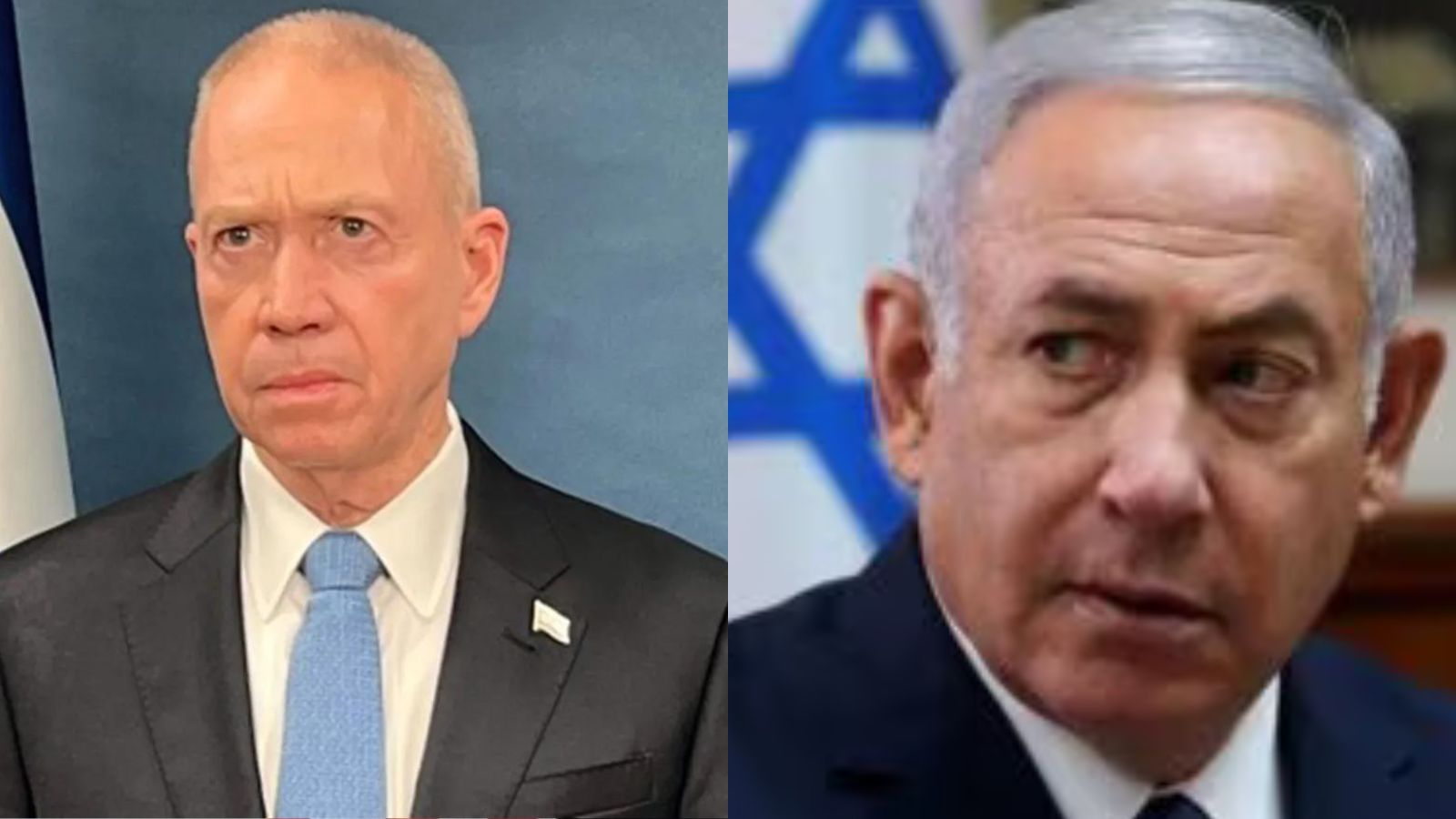In a rare display of dissent within Israel’s top leadership, Defence Minister Yoav Gallant publicly challenged Prime Minister Benjamin Netanyahu’s approach to the Gaza Strip on Wednesday. Gallant vowed to oppose any long-term military rule over the Palestinian enclave, sparking a televised exchange that highlighted deep political divisions amid ongoing conflict.
Gallant’s televised statement marked a significant departure from the government’s stance, with the defence minister emphasizing the need for an alternative to both Hamas rule and Israeli military control in Gaza. While not explicitly naming Gallant, Netanyahu hinted that the defence minister was making excuses for the failure to neutralize Hamas, the militant group governing Gaza.
Former general Benny Gantz, a centrist and the only other voting member of the war cabinet, sided with Gallant, affirming that the defence minister had “spoken the truth.” This public rift underscores the challenges facing Netanyahu’s administration in navigating the complex dynamics of the conflict.
Gallant outlined his vision of dismantling Hamas’s governing capabilities through military action while simultaneously laying the groundwork for an alternative Palestinian rule in Gaza. Despite his efforts to promote such a plan within the Israeli cabinet, Gallant claimed to have received no response.
The format of Gallant’s criticism, delivered through a pre-announced news conference broadcast live on Israeli media, harkened back to his previous warnings about political turmoil impacting military cohesion. Gallant’s stance echoes calls from the United States for the involvement of the internationally-backed Palestinian Authority (PA) in Gaza’s governance.
However, Netanyahu has rejected such proposals, citing the PA’s perceived hostility. In a swift response to Gallant’s remarks, Netanyahu reiterated his position in a video statement on social media, deepening the divide within his government over Gaza policy.
The exchange between Netanyahu and Gallant underscores the growing internal tensions within Israel’s leadership, as the country grapples with the complexities of the conflict in Gaza and seeks to chart a path forward amid mounting domestic and international pressure.
